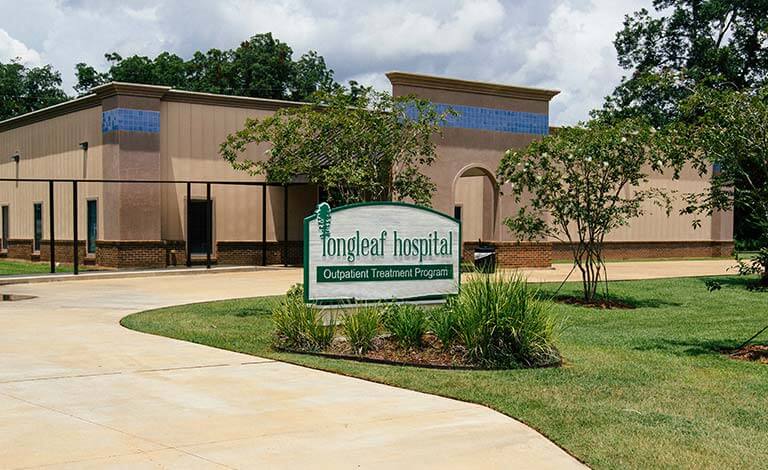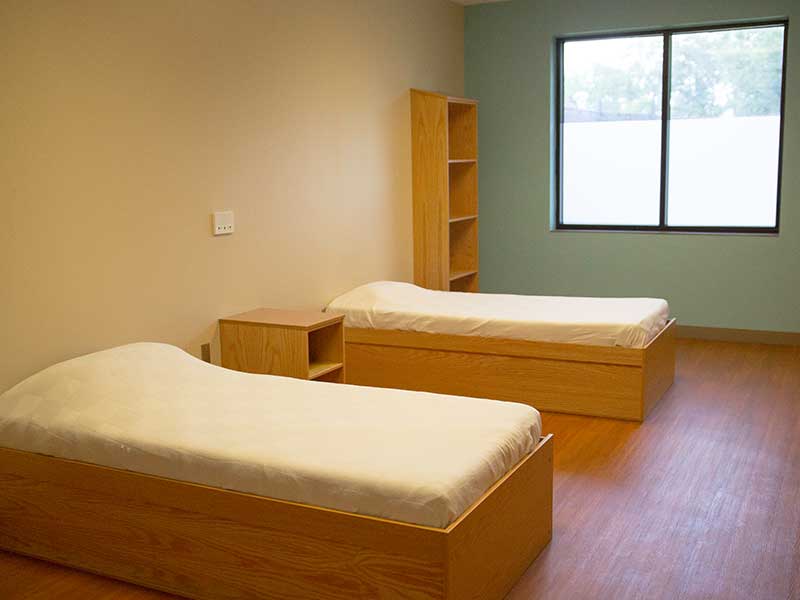Obsessive-compulsive disorder, more commonly referred to simply as OCD, is a mental illness that is characterized by the presence of extreme obsessions and compulsions that not only cause an individual to experience significant distress, but that also impair the individual’s ability to function appropriately on a daily basis.
Understanding OCD
Learn about OCD
Obsessions are classified by the presence of intrusive, recurrent, and unwanted thoughts that individuals do not want to have, but find that they are unable to control. These obsessions can take many forms, such as having an all-consuming need for things to be clean or having disturbing visions and thought processes that cause immense distress.
Compulsions are classified by the existence of ritualistic physical actions and behaviors that one must engage in so that he or she can feel a sense of relief. Examples of such compulsions can include things such as repeatedly washing one’s hands or needing to turn a light switch on and off a certain number of times before leaving a room. Compulsions can also include repetitive mental acts, such as counting or silently repeating words over and over again.
The examples provided, however, are but a few of the many distressing thoughts and behaviors that individuals with OCD may suffer from. Regardless of what the specific obsessions and compulsions are, however, they will all ultimately cause significant anguish for those suffering from them, and will have a negative impact on most, if not all, aspects of their lives.
Fortunately, the symptoms of OCD can be successfully treated and those suffering from this disorder can learn positive coping skills and ways to manage their symptoms in the future. By receiving care at a clinic or treatment center like Longleaf Hospital, individuals with OCD can overcome their strife and discover a happy and healthy future.
Statistics
OCD statistics
While the average age of onset of obsessive-compulsive disorder has been cited as being around 19, research has demonstrated that approximately 25% of cases where individuals are diagnosed with OCD occurred by the age of 14. Research has also shown that an estimated one percent of the population in the United States battles this mental illness, and that it affects both men and women in equal prevalence.
Causes and Risk Factors
Causes and risk factors for OCD
There are a combination of factors that can impact whether or not a person will suffer from OCD. Examples of these factors can include the following:
Genetic: As is true for the majority of mental illnesses, there is a genetic component in the onset of obsessive-compulsive disorder. Namely, when a person has a first-degree family member who suffers from OCD, he or she is at a greater risk for suffering from the illness as well. Additionally, certain inherited personality traits and individual temperaments can play a role in the development of OCD symptoms.
Environmental: There are a variety of environmental factors that professionals in the mental health field believe can contribute to the onset of OCD. For example, individuals who have been the victim of abuse or neglect may develop symptoms of the illness as they attempt to achieve a sense of control over something after having had that control taken away from them during the acts of abuse. Additionally, it is believed that people who exist in settings that are rife with chaos or significant stress may be especially vulnerable to developing OCD symptoms as, again, it allows them to feel as though they are in control of something. Yet, tragically, these efforts at gaining a sense of control can ultimately be problematic as individuals with OCD will eventually begin to lose control over their obsessions and compulsions.
Risk Factors:
- Having a family history of obsessive-compulsive disorder, anxiety disorders, or another type of mental illness
- Being the victim of abuse and/or neglect
- Experiencing significant life changes
- Losing a loved one
- Experiencing chronically high levels of stress
- Lacking a strong support network
Signs and Symptoms
Signs and symptoms of OCD
The symptoms that are experienced by individuals who are suffering from OCD can be categorized into two types – obsessive symptoms and compulsive symptoms. Descriptions and examples of these categories are explained briefly in the following:
Obsessive symptoms: Obsessive symptoms can be intrusive, all-consuming, and extremely undesirable. When people with OCD are suffering from obsessions, they will likely find that they are unable to focus on anything outside of the repetitive thoughts, images, or urges that they are experiencing. This can be agonizing for those suffering from the obsessions, ultimately causing them to suffer from heightened feelings of anxiety as well. Examples of various types of obsessive symptoms can include the following:
- Excessive and irrational concerns regarding the order, arrangement, and symmetry of certain things
- Seeing distasteful, inappropriate, and highly unwanted images in one’s mind, frequently including those that are religious or sexual in nature
- Experiencing chronic worry about dirt, germs, or of becoming contaminated in some way, shape, or form
- Feeling overly worried about and responsible for the welfare of others
- Suffering from disturbingly graphic thoughts
It is not uncommon for individuals with OCD to also suffer from aggressive impulses. It is important to note, however, that these impulses usually present in the form of thoughts and are very rarely acted upon.
Compulsive symptoms: Compulsive symptoms differ from obsessive symptoms in that compulsions are typically acts that individuals partake in. These acts can be displayed in physical behavior or may be experienced solely in the person’s mind. When individuals with OCD experience compulsions, the pressure to act on those compulsions is so strong that they find that they are unable to ignore them. Instead, they must act on the compulsions in order to experience any semblance of relief. The severity of these compulsions can vary from person to person, yet many people find that the presence of these symptoms can be debilitating. Examples of compulsive symptoms can include the following:
- Checking and re-checking that certain tasks have been completed (e.g. repeatedly making sure that the oven has been turned off, that the doors are locked, etc., despite knowing that doing so is irrational because the act has already been completed)
- Needing to eat foods in a certain order or pattern
- Consistently rearranging items
- Repeatedly touching certain objects (e.g. feeling the need to touch the door knob a specific amount of times prior to opening a door)
- Having much difficulty throwing away useless items (hoarding)
- Engaging in certain behaviors chronically and excessively (e.g. bathing repeatedly in one day, cleaning excessively despite having already cleaned the area, etc.)
- Experiencing significant anxiety if one does not repeat a name or phrase (the act itself may be done aloud or silently in one’s mind)
Effects
Effects of OCD
When a person does not receive treatment for obsessive-compulsive disorder, he or she is at risk for suffering from any number of detriments, including the following:
- Intensifying symptoms
- Social isolation
- Onset of, or prolonged participation in, self-harming behaviors
- Suicidal ideation
- Developing an addiction to drugs and/or alcohol
- Inability to meet expectations occupationally or academically
- Impaired interpersonal relationships
Co-Occurring Disorders
OCD and co-occurring disorders
Unfortunately, many people who suffer from OCD simultaneously suffer from symptoms of other mental health disorders, which may include the following:
- Bipolar disorder
- Depressive disorders
- Panic disorder
- Generalized anxiety disorder
- Specific phobia
- Social anxiety disorder
- Tic disorder
- Eating disorders
- Posttraumatic stress disorder
- Substance use disorders












